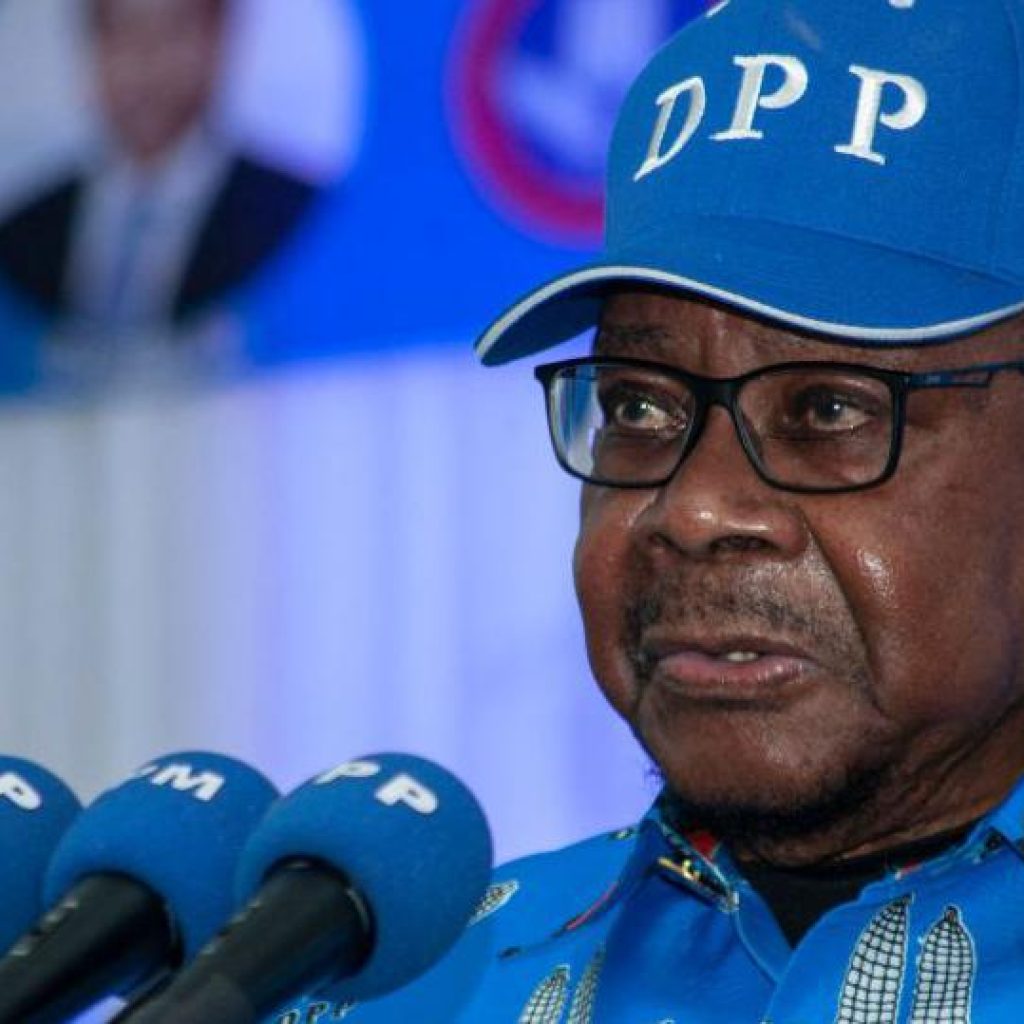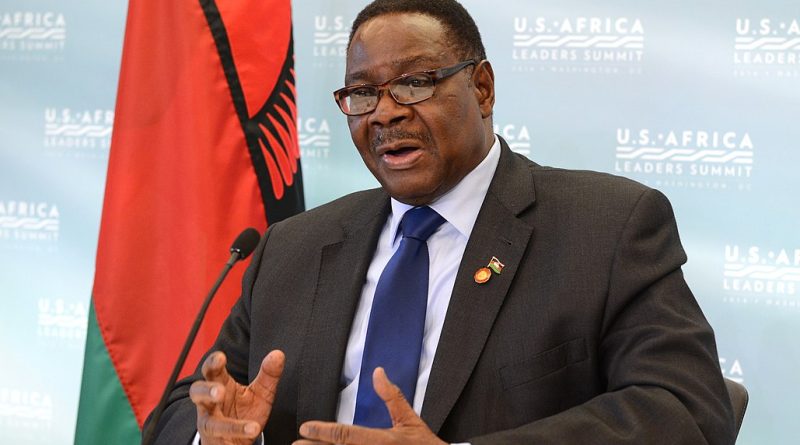A Second Chance to Rebuild, Heal, and Begin Anew

The return of Mutharika to State House is no small political drama. In 2020, his Democratic Progressive Party (DPP) was ejected under a storm of accusations—nepotism, corruption, executive arrogance. Now, five years later, Malawians have handed the 85-year-old retiree another chance. It is a decision wrapped in irony: in one of the youngest countries in the world, where 65% of citizens are under 25, the electorate has chosen a man who should by all accounts be enjoying retirement, not renegotiating with the IMF.
This election was less about nostalgia and more about desperation. Malawians are staring down runaway inflation, maize and commodity prices at historic highs, a crippling public debt burden, and a staggering unemployment crisis that particularly punishes young people. In that context, voters turned back to what they knew, hoping that the steady hand of an old guard might at least halt the freefall.
But here lies the danger: second chances can be squandered, and Malawi cannot afford a repeat of the past. The temptation for the DPP is to treat this victory as vindication, a chance to settle scores with the Malawi Congress Party (MCP) for the humiliations of the last five years. Already, party cadres speak in whispers of revenge, of evening the ledger. Yet revenge politics, seductive as it might be in the heat of triumph, has never built a nation. It only deepens wounds, hardens divisions, and stunts progress.
Justice, however, must not be confused with vengeance. Malawians deserve closure on cases already before the courts, regardless of who is in the dock. Take the example of Norman Chisale, Peter Mutharika’s own bodyguard, whose sudden and unexplained wealth became the stuff of public fascination. Such cases must be concluded—alongside the new cases of Chakwera’s cronies and associates that will now prosecuted, to show citizens that corruption will not be tolerated, no matter whose colours one wears and no matter how close one seats to the seat of power. To heal, Malawi must prove that accountability is not a political weapon but a national principle.
The bigger challenge, however, lies in governing a nation at its lowest ebb. Inflation is gnawing away at every paycheck. Debt is shackling development. Jobs are scarce, especially for young graduates who see only frustration at the end of their studies. This is where Mutharika’s second act must be different. The next five years cannot be about recycling old networks of cronyism and patronage. They must be about rescuing the economy, restoring hope, and creating real opportunities for the next generation.
And here is where the youth come in. This election should be a wake-up call. Malawi cannot continue outsourcing its future to 85-year-old pensioners. The energy, innovation, and demographic power of young people must find expression at the decision-making table. If the largest segment of the population remains spectators in their own democracy, Malawi will forever be trapped in cycles of nostalgia and regression.
There is also a moral dimension to this political return. In life, second chances are rare. In politics, they are almost unheard of. That God—or fate, or the electorate—has given Mutharika and the DPP this second chance is remarkable. It is not a license to repeat mistakes. It is an invitation to redemption. To govern with humility, not hubris. To lead with inclusion, not exclusion. To prove that lessons have been learned from the dramatic fall of 2020.
Malawi is at a crossroads. The question is not just whether Mutharika can govern again, but whether he can govern differently. Can he resist the old instincts of revenge? Can he inspire confidence in young people? Can he stabilize a battered economy without surrendering to the same corruption and cronyism that undid his last administration?
The answer will not come at 2 p.m. tomorrow when the results are announced. It will come in the small, daily choices of leadership over the next five years. Malawi’s story has been marked by cycles of betrayal and disappointment. But perhaps, if Mutharika chooses wisely, this second act can break the pattern.
For the nation, this is not merely about who won the election. It is about whether we can finally move from survival politics to genuine rebuilding. The curtain rises again. The audience waits. And Peter Mutharika—85 years old, with 56% of the vote and a country at its lowest point—must decide what story Malawi will tell next.


